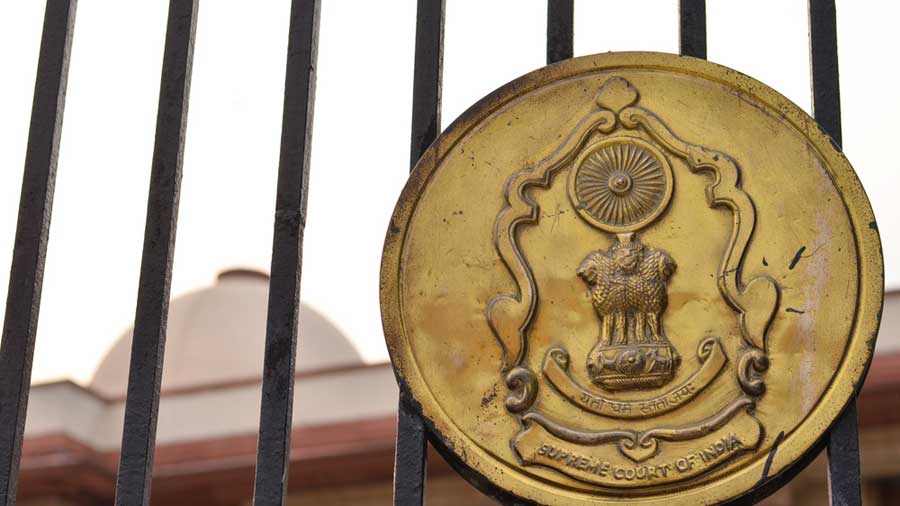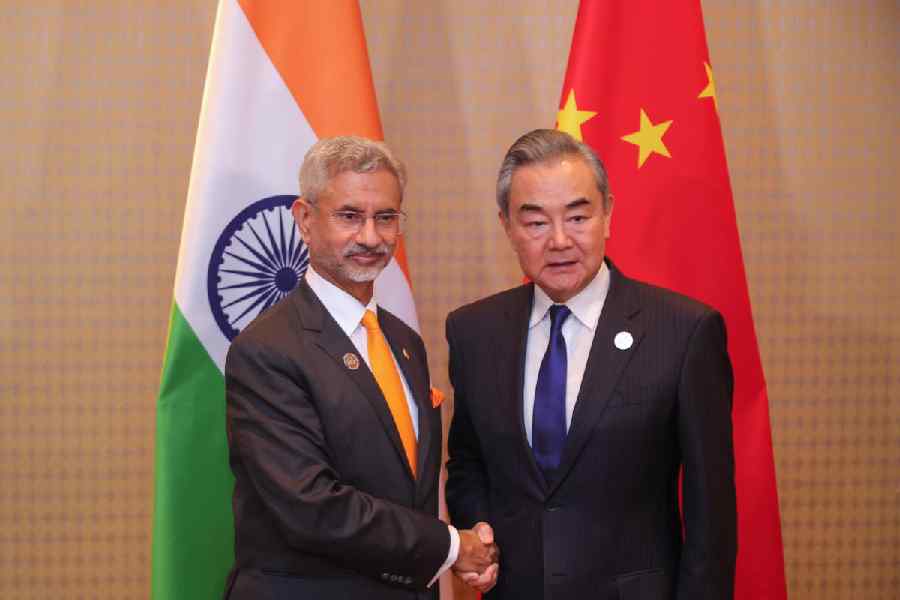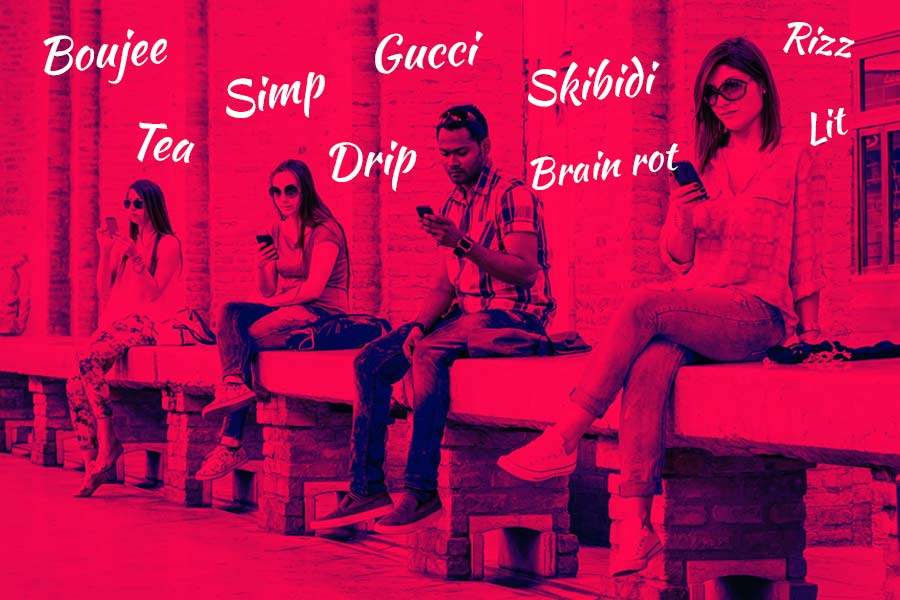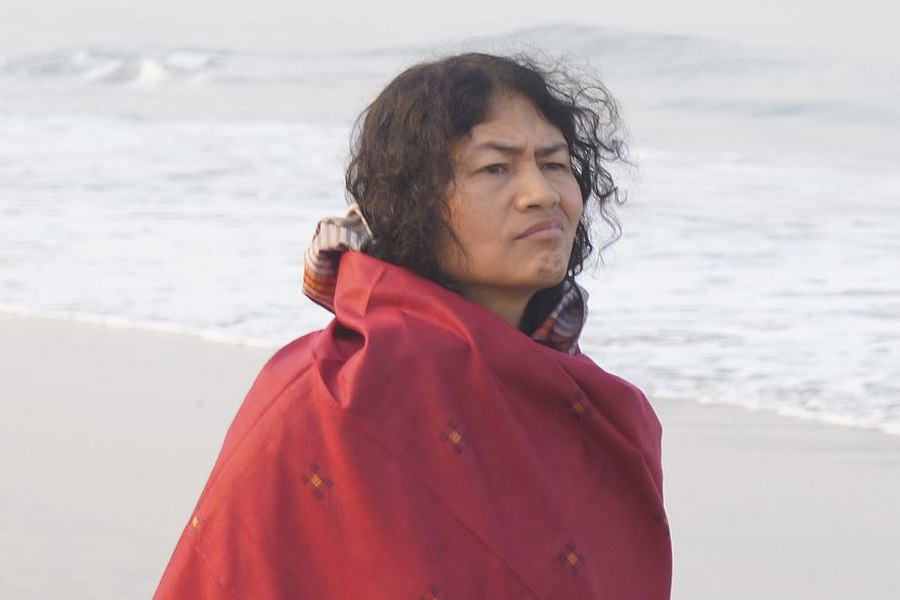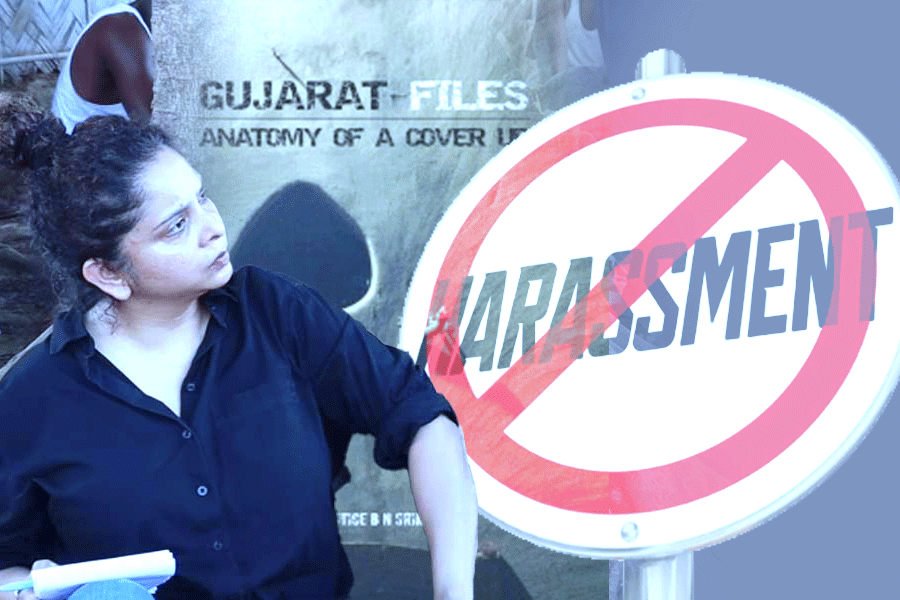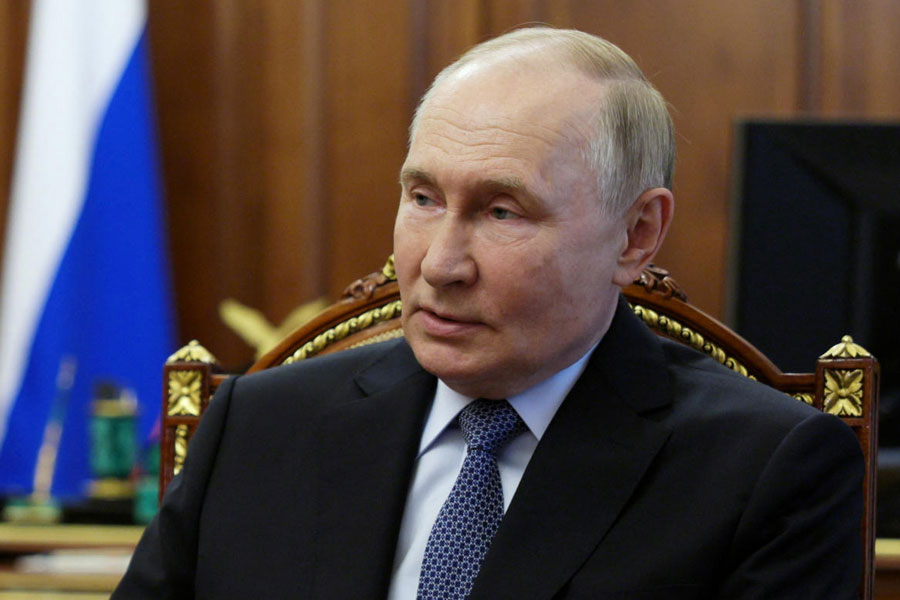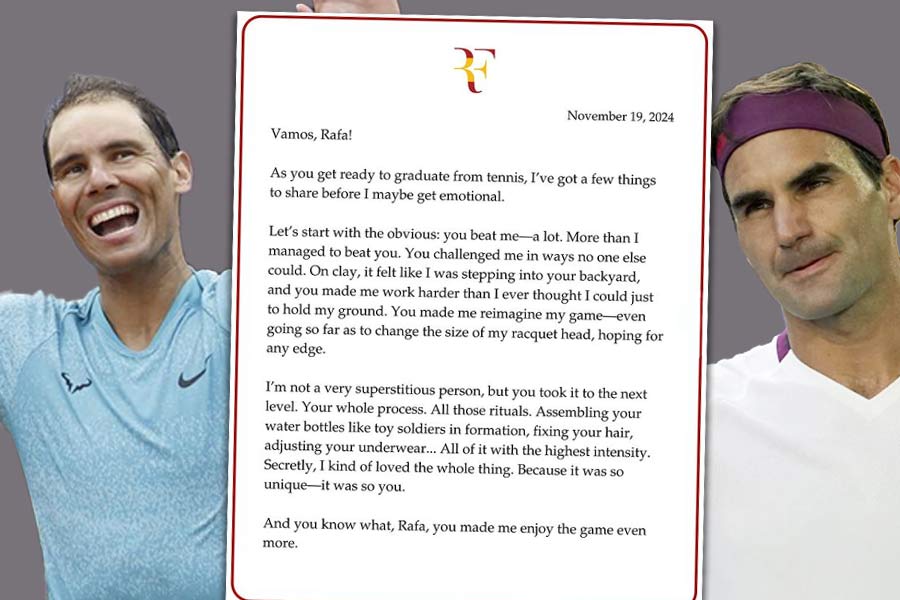The Supreme Court on Friday clarified that the adverse observations made by Delhi High Court with respect to JNU student Sharjeel Imam’s alleged role in the 2020 riots in the capital during the bail plea of co-accused Umar Khalid would not prejudice his case during the trial proceedings.
A bench of Justices Sanjay Kishan Kaul and A.S. Oka offered the clarification while disposing of an appeal filed by Imam to expunge the remarks made by the high court while denying bail to Khalid on October 18.
The apex court noted that the high court, while making the observations, had clearly stated that they should not affect the trial proceedings in the matter.
“We have noticed in para 68 of the impugned judgment passed by the division bench which has clarified that observations will not impact merits of the case…. Therefore, we clarify that any observations made regarding the role of the petitioner will not prejudice the petitioner in any manner,” the bench said in the order while recording the submissions of senior advocate Sidharth Dave who appeared for Imam.
Justice Kaul, who headed the bench, said ideally bail matters should be disposed of within 10 minutes and such observations were made by the courts only when the arguments stretched for hours and days.
“Speaking for myself, it is a complete waste of time of this court or any other court when bail applications are heard for long like an appeal on merits. Bail applications should be heard for not more than 10 minutes and these things happen only when bail applications are argued for so long like final appeals where the conviction has taken place,” Justice Kaul observed.
Dave agreed with Justice Kaul’s views but submitted that in Khalid’s case the bail application was argued at length because seeking bail under the stringent UAPA (Unlawful Activities Prevention Act) was an arduous task.
According to Imam, the high court had made the impugned observations against him while hearing Khalid’s bail plea in which he was not a party.
He argued that the observations made by the high court were in defiance of the law laid down by the Supreme Court in the State of Uttar Pradesh vs Md. Nairn (1964) case and a catena of other judgments that courts should desist from making any unwanted observations while dealing with bail applications.
Imam took exception to the high court’s observation that: “The role of the appellant (Khalid) could be found from page No. 125 to Page No. 165 of the 1st supplementary charge sheet filed by the police on 22.11.2020, wherein the Appellant was enumerated as Accused No. 18 and the main conspirator Sharieel Imam was named as Accused No.17. Apparently, it finds mention in the charge sheet…
“Next, it has been contended by the appellant that there was absolutely no consensus between people who were opposed to the CAA.
They are divergent people belonging to different schools of thought. Imam criticised a secular movement against the CAA and he did not agree with it and the appellant (Khalid) was being lumped with a person who calls for a deeply communal protest against the CAA.”

